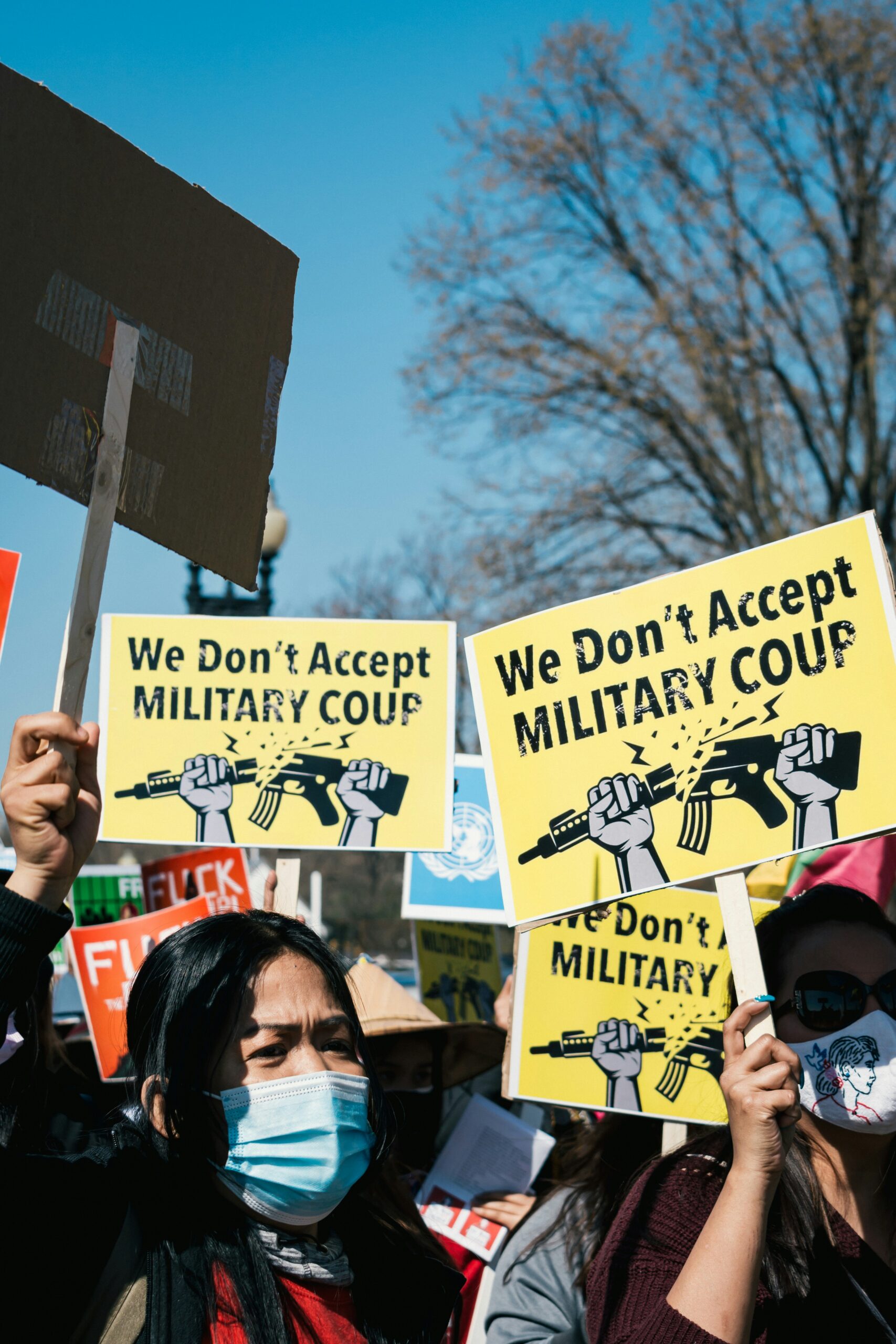
In a pivotal legal development, a United States appeals court has ruled in favor of allowing President Donald Trump to proceed with his controversial plan to slash billions in foreign aid, an initiative that had been previously blocked by lower court injunctions. This decision has profound implications not only for global health initiatives but also for the balance of power within the United States government.
Key Facts
- The appeals court’s decision was split two-to-one, favoring the Trump administration’s position.
- Approximately $4 billion designated for the US Agency for International Development (USAID) and $6 billion for HIV and AIDS programs are affected.
- The court ruled on procedural grounds, stating the plaintiffs did not meet the legal standards for an injunction.
Background
The legal battle centers around President Trump’s directive to halt and reduce foreign aid payments that were previously approved by Congress. Critics of the move argue that the President has overstepped his constitutional authority, potentially disrupting critical health programs worldwide. The administration, however, argues that these cuts are part of a broader effort to streamline government and reduce waste.
Timeline/What We Know
The controversy began shortly after Trump took office, when he announced a 90-day pause on all foreign aid, signaling a major policy shift. Subsequent actions included plans to fold USAID into the State Department and cancel a significant portion of its contracts. These moves were met with legal challenges, culminating in the recent appeals court decision.
Official Reactions
Judge Karen Henderson, writing for the majority, stated that the plaintiffs lacked a cause of action to press their claims. Meanwhile, Judge Florence Pan, in a dissenting opinion, argued that the President’s actions violated the separation of powers doctrine, which could set a dangerous precedent for executive overreach. Attorney General Pam Bondi welcomed the decision, indicating the administration’s intent to continue defending the President’s authority.
What’s Next
The implications of this ruling are vast, potentially affecting millions of people dependent on U.S. aid for health services like HIV treatment and malaria prevention. It also raises questions about the future role and independence of congressionally founded agencies like USAID. As the legal and political debates continue, the global community watches closely, concerned about the stability of aid programs critical to public health and development initiatives.


